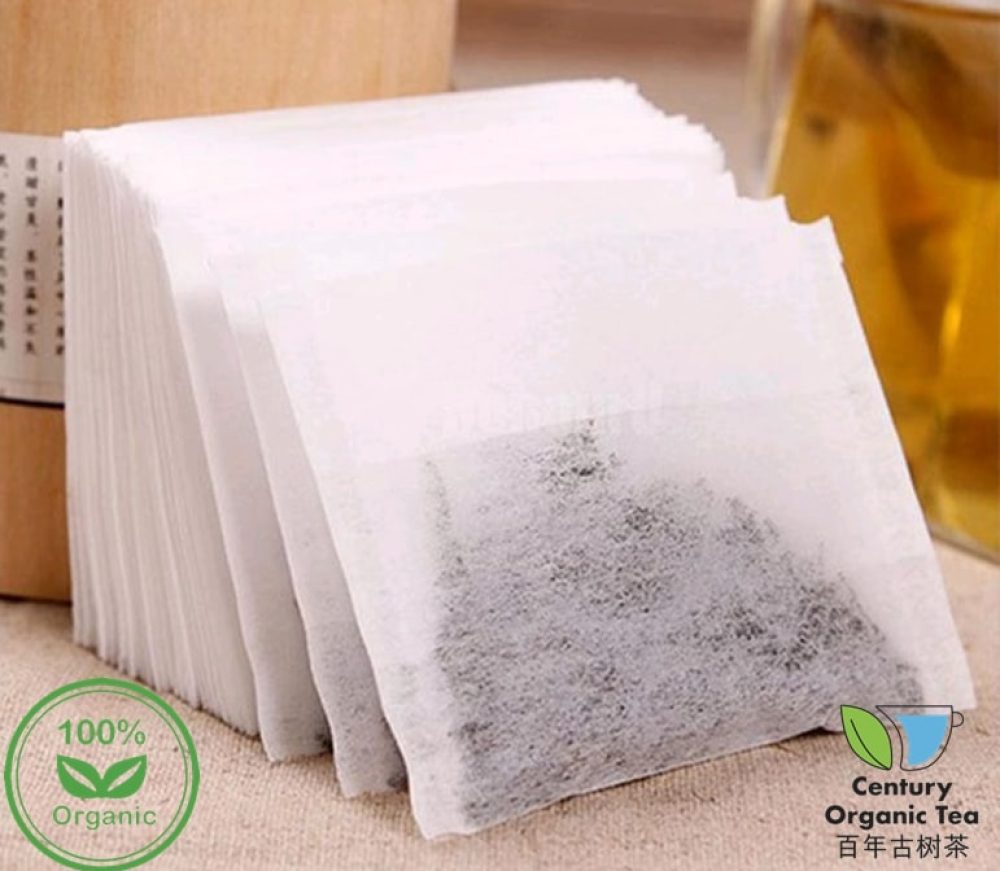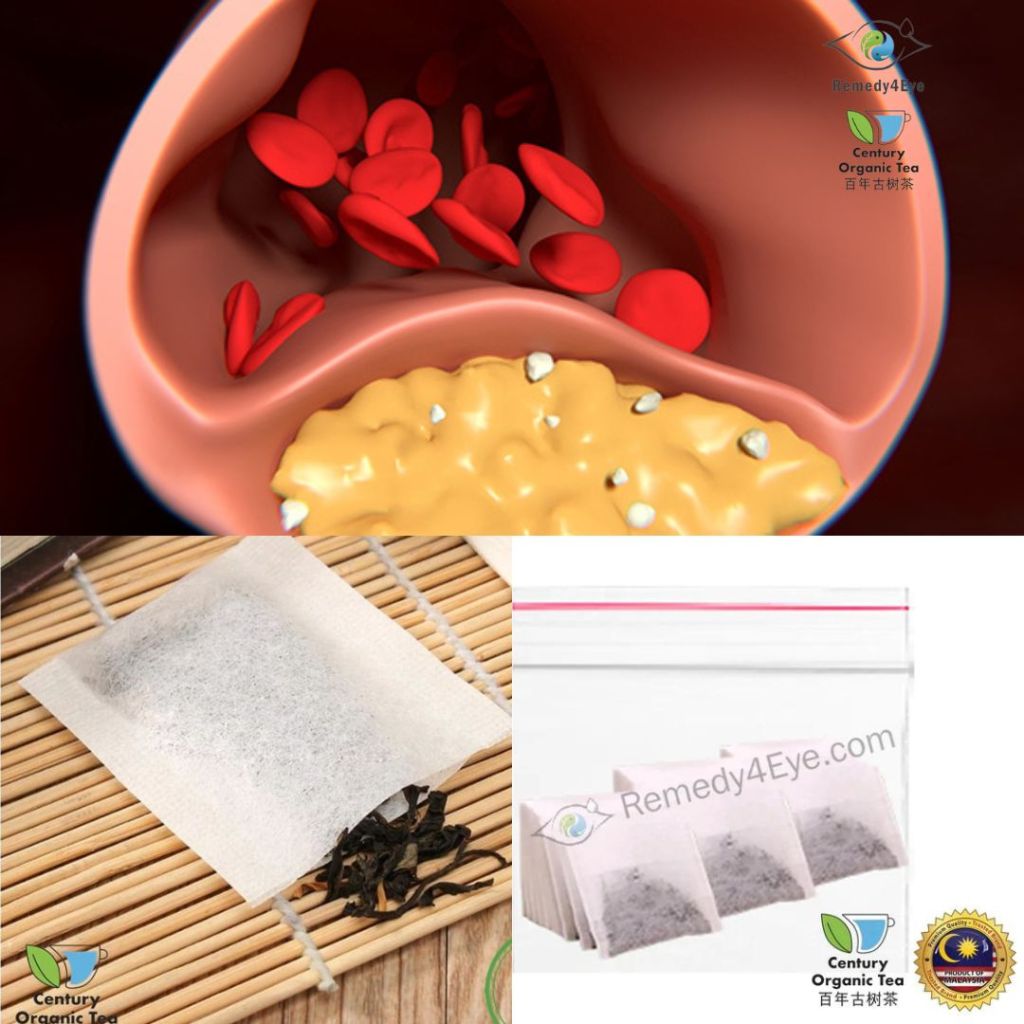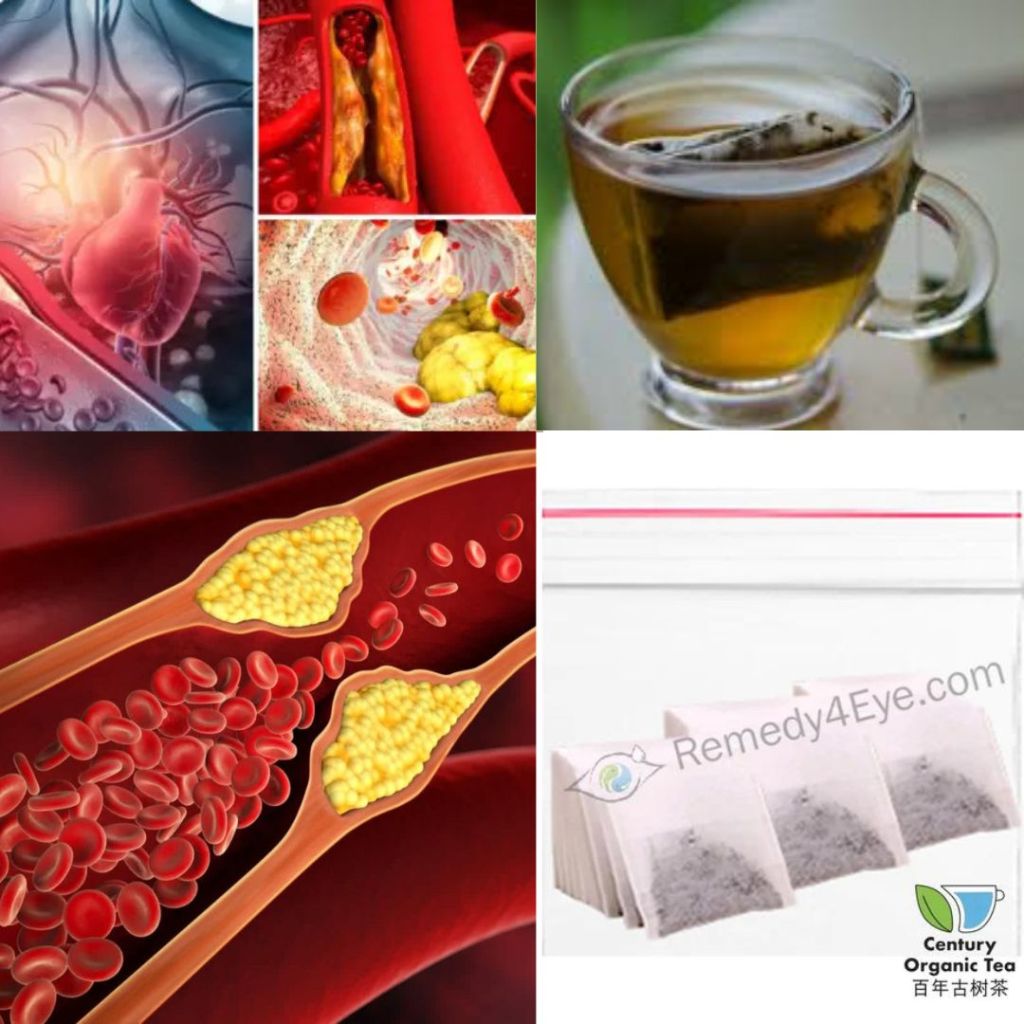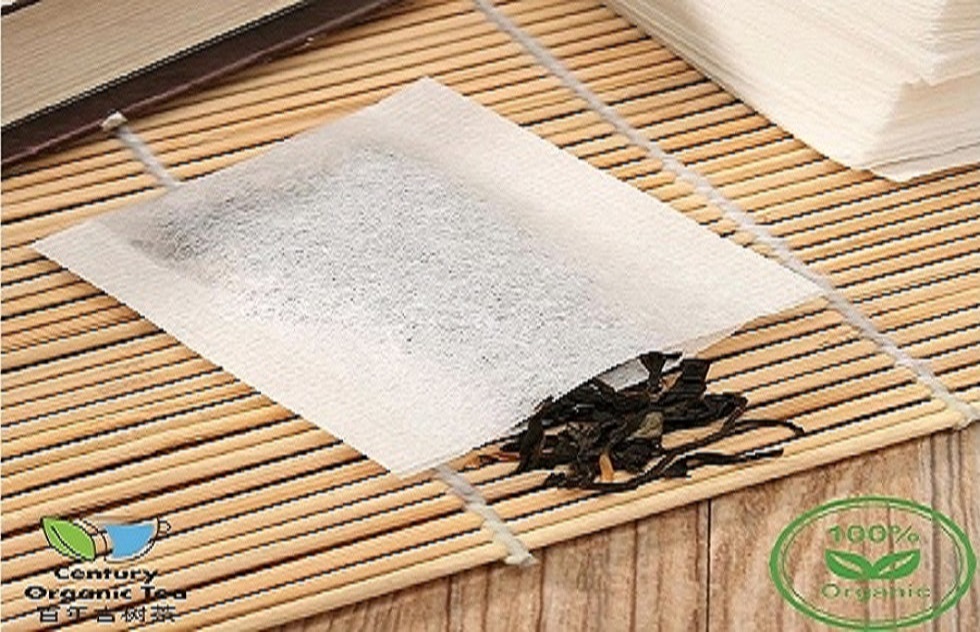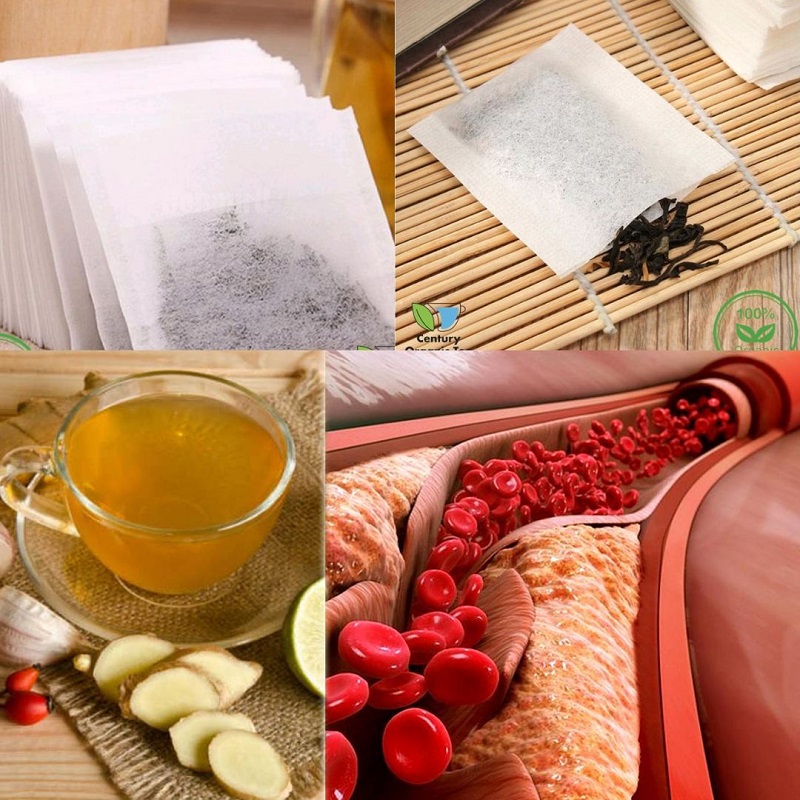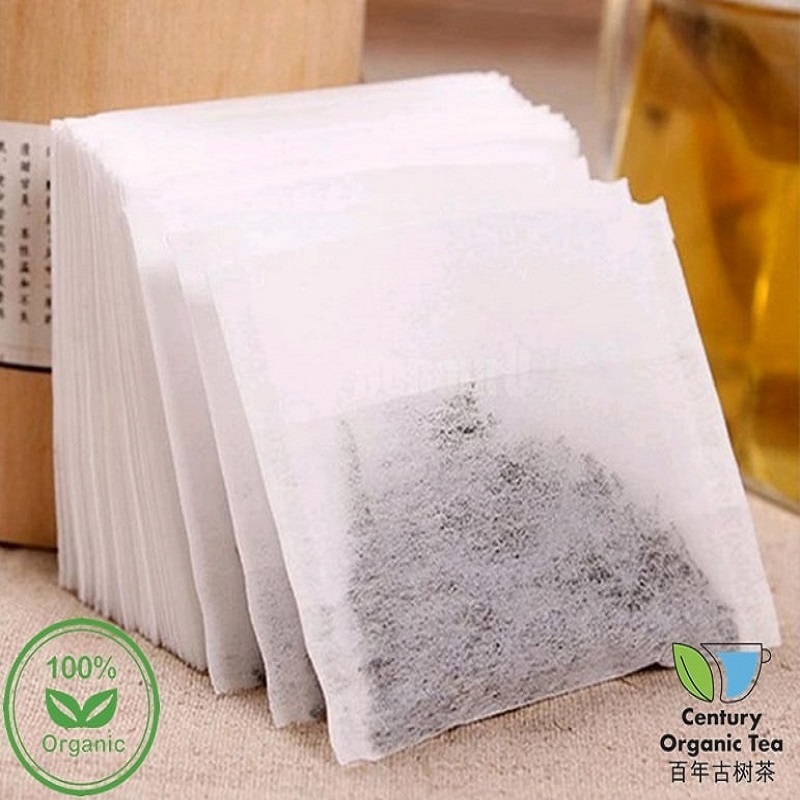In a world where people prioritize their health, many have learned about the advantages of tea as a natural way to lower bad cholesterol. Tea, well known for its calming properties, is more than simply a relaxing beverage. Today, let’s explore the exceptional qualities of tea to lower bad cholesterol levels and unlock the secret to a heart-healthy lifestyle.
When it comes to fighting bad cholesterol, green tea stands out as a superpower. Rich in antioxidants called catechins, green tea has been linked to reduced levels of low-density lipoprotein (LDL) cholesterol, commonly known as “bad” cholesterol. Regular consumption of green tea has shown promising results in improving the ratio of good to bad cholesterol, promoting a healthier cardiovascular system.
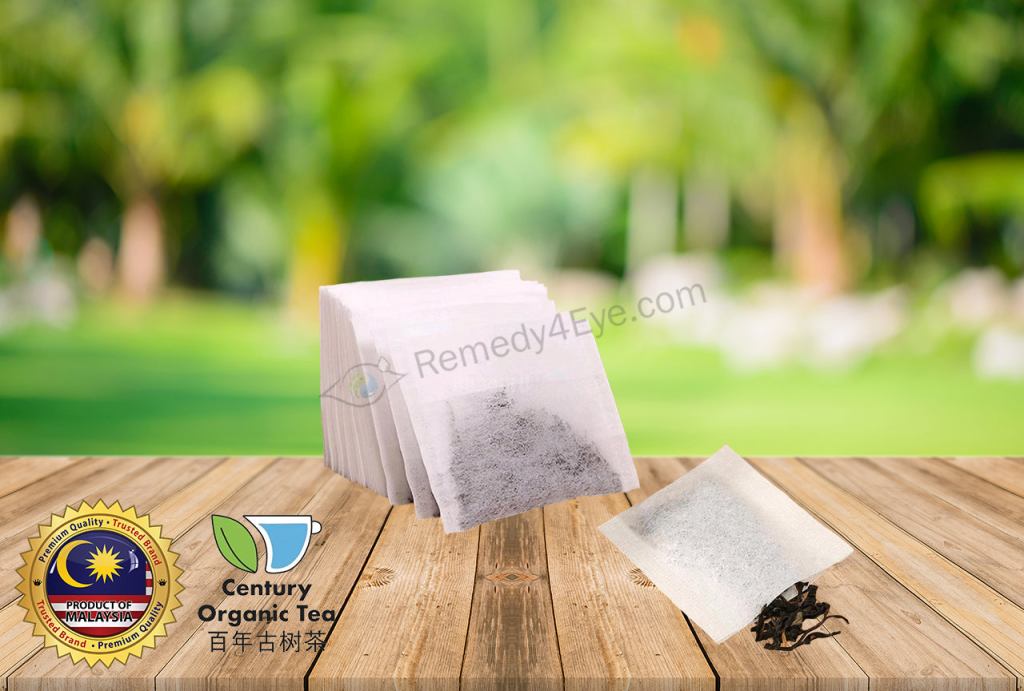
Black tea is another contender in the war against bad cholesterol. Black tea’s potent theaflavins and antioxidants have been shown to reduce LDL cholesterol levels. Research indicates that consistent black tea drinking may improve heart health by lowering the chance of high cholesterol-related problems.
Herbal teas prove vital for everyone trying to live a cholesterol-free lifestyle. For instance, chamomile tea has been linked to a reduction in LDL cholesterol levels, which supports cardiovascular health. Hibiscus tea, recognized for its vibrant color and tart flavor, has also shown promising effects in lowering both systolic and diastolic blood pressure, thereby contributing to overall heart health.
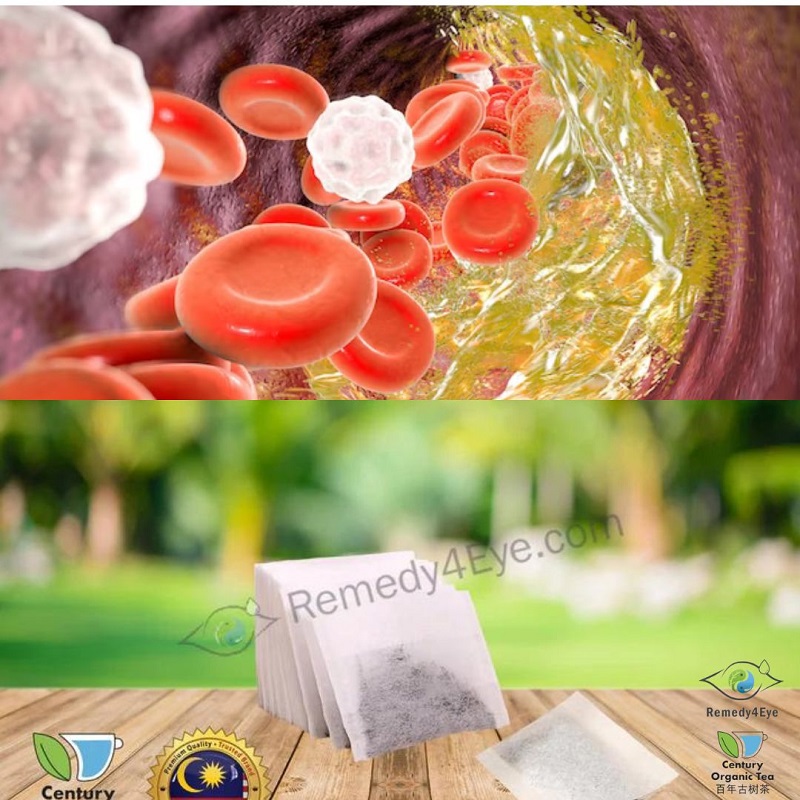
Incorporating tea to lower bad cholesterol into your daily routine is a simple yet effective step towards managing bad cholesterol. However, it’s crucial to maintain a well-balanced diet and an active lifestyle for comprehensive heart care.
In conclusion, the healing power of tea to lower bad cholesterol is a testament to the wonders of nature. By embracing the diverse range of teas available, individuals can take proactive steps toward promoting heart health. So, why not make a conscious choice to sip your way to a healthier heart and revel in the delightful experience of nurturing your well-being with every soothing cup. Get high quality tea that help lower bad cholesterol from remedy4eye.com
